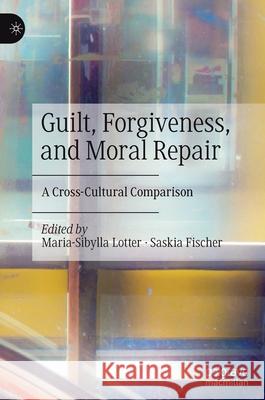Guilt, Forgiveness, and Moral Repair: A Cross-Cultural Comparison » książka
topmenu
Guilt, Forgiveness, and Moral Repair: A Cross-Cultural Comparison
ISBN-13: 9783030846091 / Angielski / Twarda / 2022 / 378 str.
Guilt, Forgiveness, and Moral Repair: A Cross-Cultural Comparison
ISBN-13: 9783030846091 / Angielski / Twarda / 2022 / 378 str.
cena 523,30
(netto: 498,38 VAT: 5%)
Najniższa cena z 30 dni: 501,19
(netto: 498,38 VAT: 5%)
Najniższa cena z 30 dni: 501,19
Termin realizacji zamówienia:
ok. 22 dni roboczych.
ok. 22 dni roboczych.
Darmowa dostawa!
Kategorie BISAC:
Wydawca:
Palgrave MacMillan
Język:
Angielski
ISBN-13:
9783030846091
Rok wydania:
2022
Wydanie:
2022
Ilość stron:
378
Waga:
0.59 kg
Wymiary:
21.01 x 14.81 x 2.24
Oprawa:
Twarda
Wolumenów:
01
Dodatkowe informacje:
Wydanie ilustrowane











